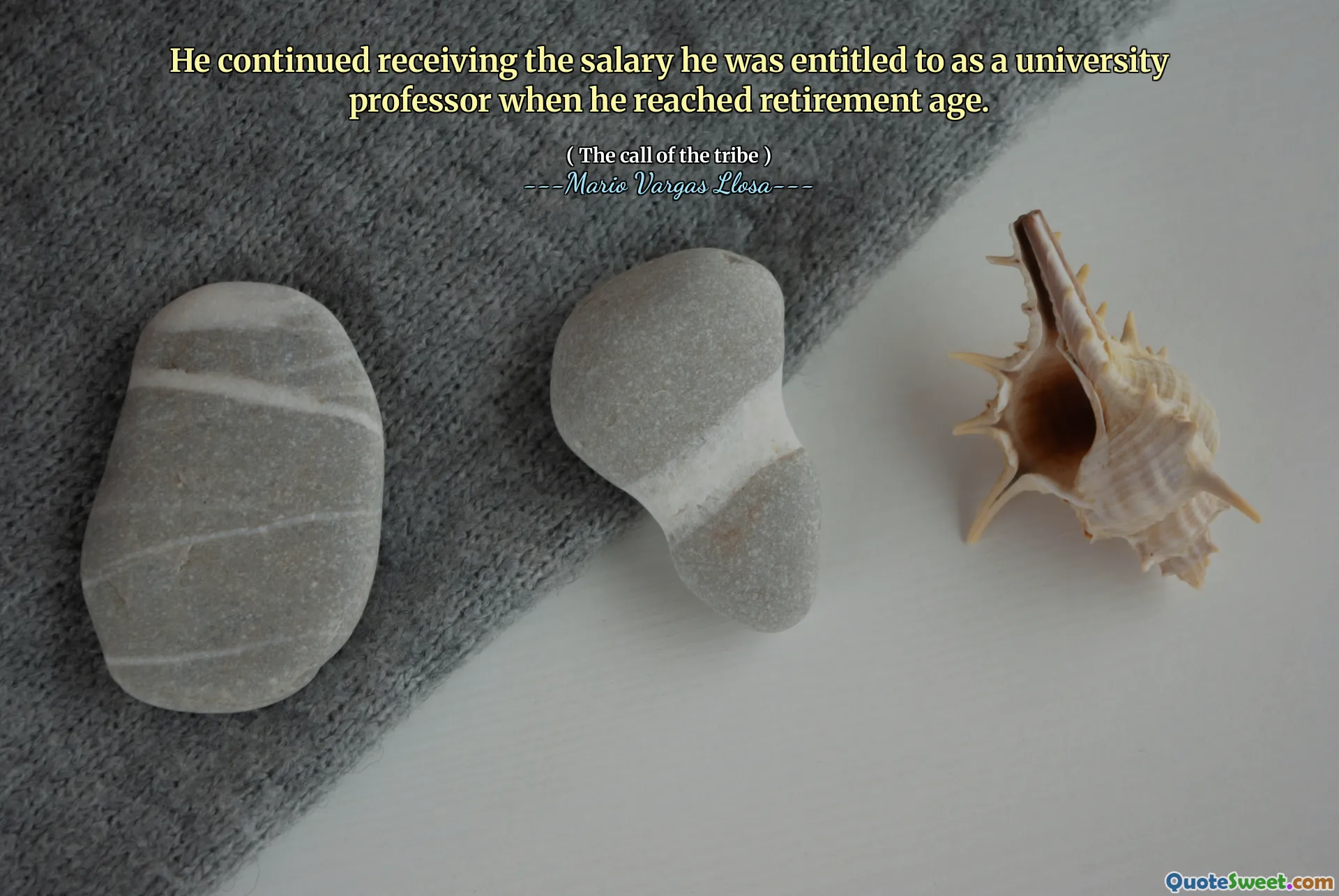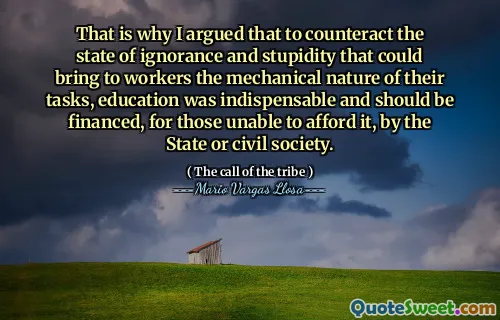
He continued receiving the salary he was entitled to as a university professor when he reached retirement age.
The quote highlights a significant issue related to professional integrity, societal expectations, and the ethical responsibilities of institutions. It suggests a scenario where an individual continues to receive compensation beyond their active service, potentially due to bureaucratic inertia, loyalty, or complacency. This situation invites reflection on the broader concepts of fair labor practices and the societal value we assign to different professions.
In many cases, individuals dedicated to academia or other public service roles devote their careers with the expectation that their contributions are valued and appropriately compensated during their active years. When they reach retirement age, however, questions often arise about the continued appropriateness of compensation if their active duties have ceased. This issue touches on the importance of transparency in public policies related to retirement, pension systems, and the ethical obligations of organizations.
Furthermore, the quote implicitly asks us to consider the purpose of employment and the way society recognizes work. If someone is receiving a salary after their contribution has ended, it could be seen as a form of reward for life-long service, or conversely, as an unnecessary expense that could divert resources to those actively contributing. It also raises questions about the importance of ongoing re-evaluation of roles and benefits, ensuring they align with current contributions and societal needs.
There’s an underlying commentary on the dignity of work, the value of service, and the potential pitfalls of complacency or bureaucratic slowdowns. Ultimately, this quote encourages us to think about fairness, ethics, and the mechanisms needed to uphold integrity within our institutions, ensuring that merit and contribution remain at the core of societal rewards.








